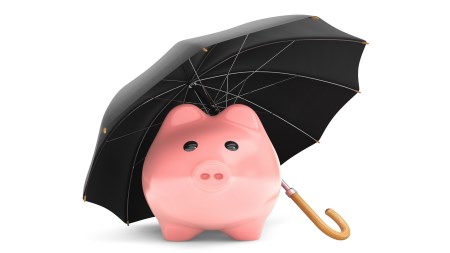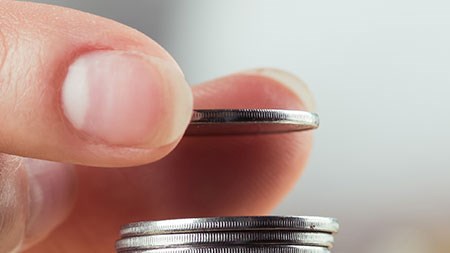Think twice before you close your home loan account once the loan is paid off.
Considering that most homeowners have a loan that is costing them up to 30% of their monthly income in repayments, it isn’t surprising that the majority would really like to get that loan paid off as quickly as possible.
However, says Shaun Rademeyer, CEO of BetterLife Home Loan, SA’s biggest mortgage originator, closing your home loan account completely is not necessarily the best course of action for everyone.
“In fact, even if you have a very low balance that you could easily pay off, deliberately keeping your home loan account open could prove very useful if you ever need to borrow money again - to finance a child’s education, for example, or to cover a family emergency or even invest in another property.
“Borrowing against the equity in your home by extending your existing mortgage again will definitely be the cheapest way to go in these circumstances and should also be relatively easy to do, compared to having to apply for other forms of credit.”
He also says that the longer you stay in your home, the greater the risk of you becoming “house rich and cash poor” – or owing nothing on your bond but at the same time lacking sufficient funds to pay for the upkeep of the property, including rates and taxes, routine maintenance and proper insurance.
“However, as the value of your home increases over time, so will the equity that you can use to maintain it – provided that your home loan account is still open.”
Rademeyer hastens to add, though, that this does not mean that homeowners who are currently using a large chunk of their discretionary income every month to reduce the capital portion of their home loan as quickly as possible should stop doing so.
“They should know that when you put extra money towards paying off your home loan, what you are actually doing is eliminating a non-tax deductible expense, and that this is essentially the same as making a tax-free investment.”
At the moment, he notes, the real rate of return on paying off your bond is around 4,3% a year, after inflation at 6,2% is subtracted from the current home loan interest rate of 10,5% and there are of course many who will point out that they can do better than this by investing their extra cash elsewhere.
“But before they do, they need to consider that other investments like shares are generally much more risky than real estate, and that dividends are taxed. In addition, many homeowners are motivated to pay down their home loan as fast as possible so they can live virtually rent-free while investing wherever they please.”




